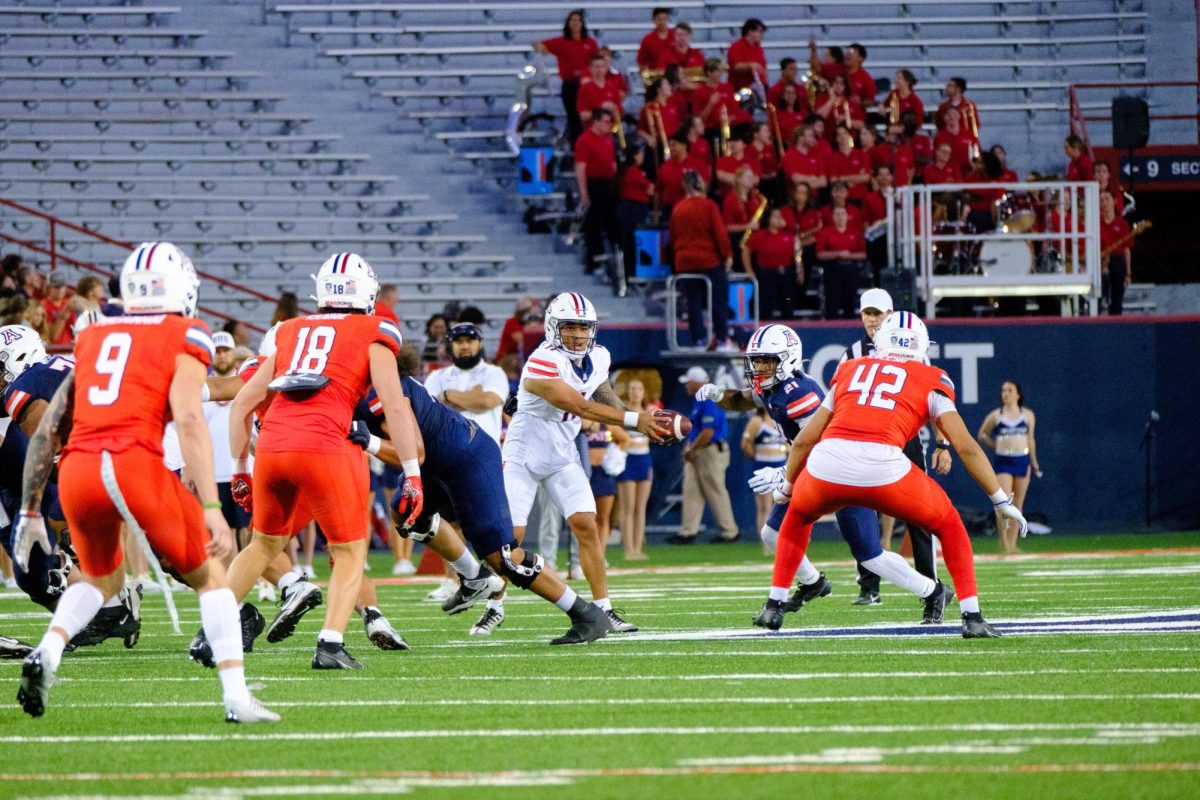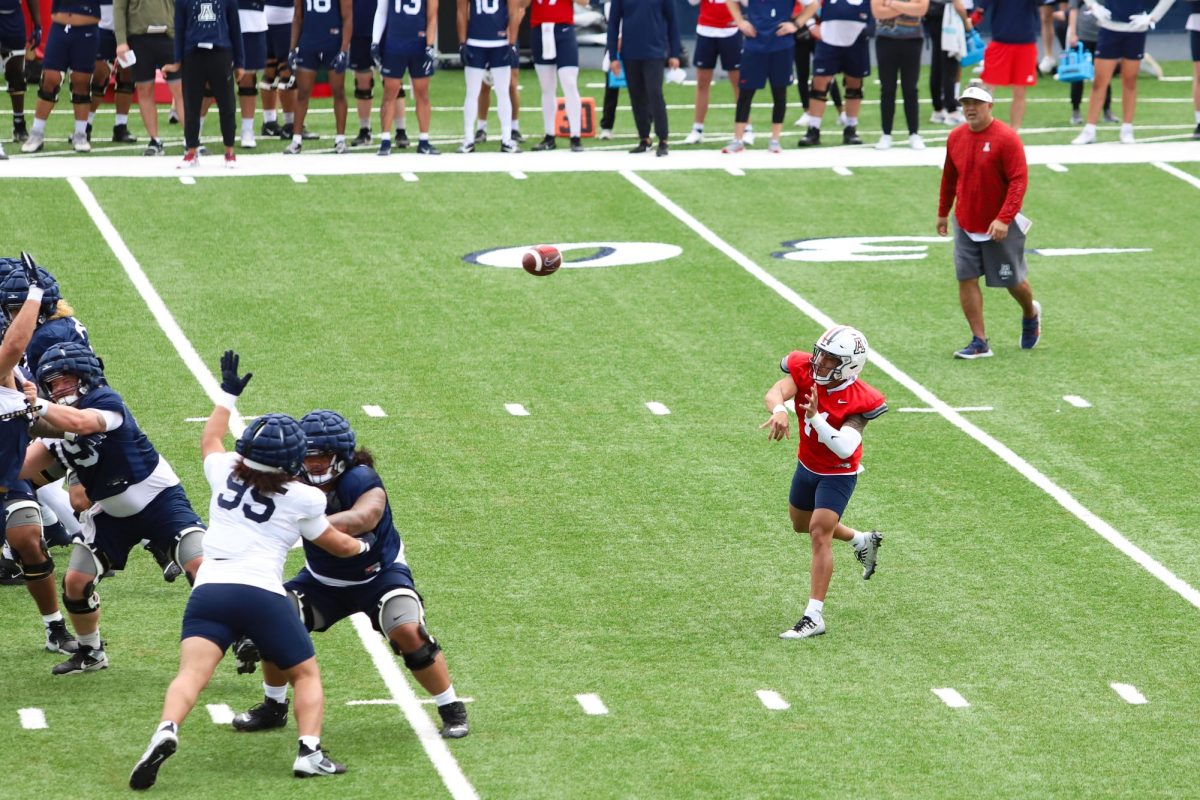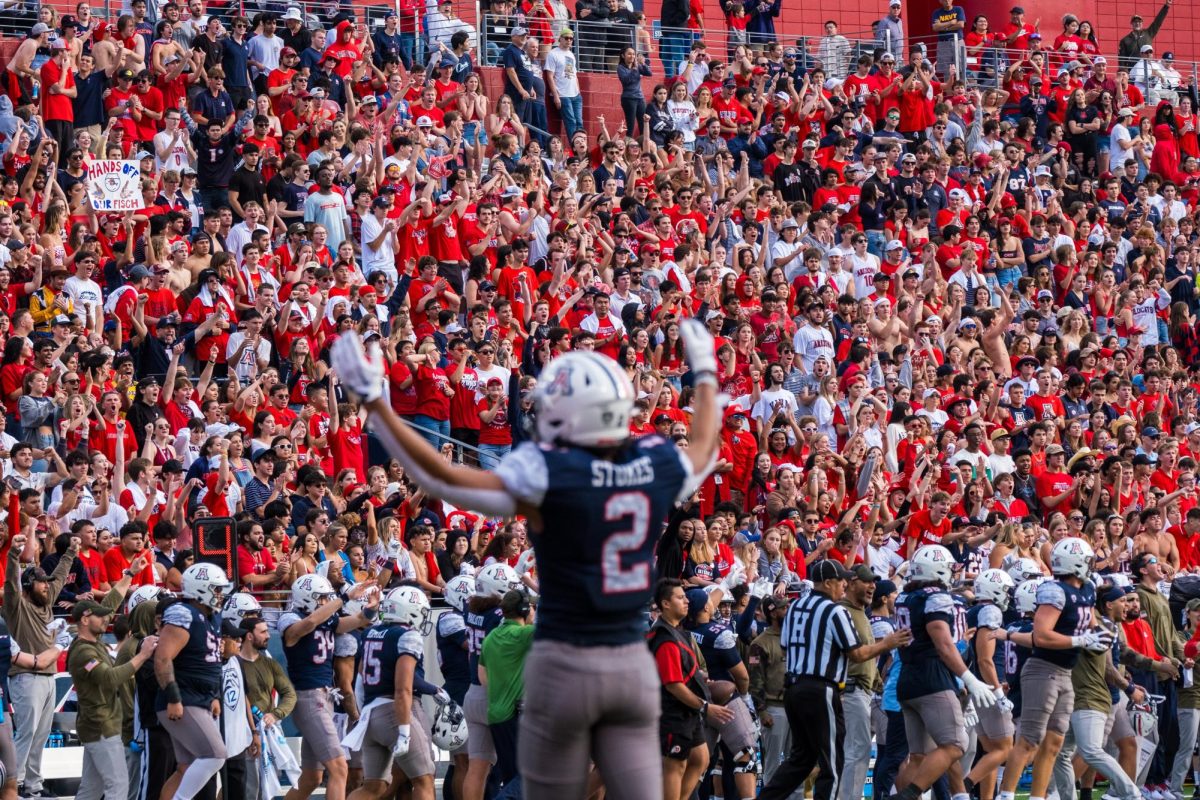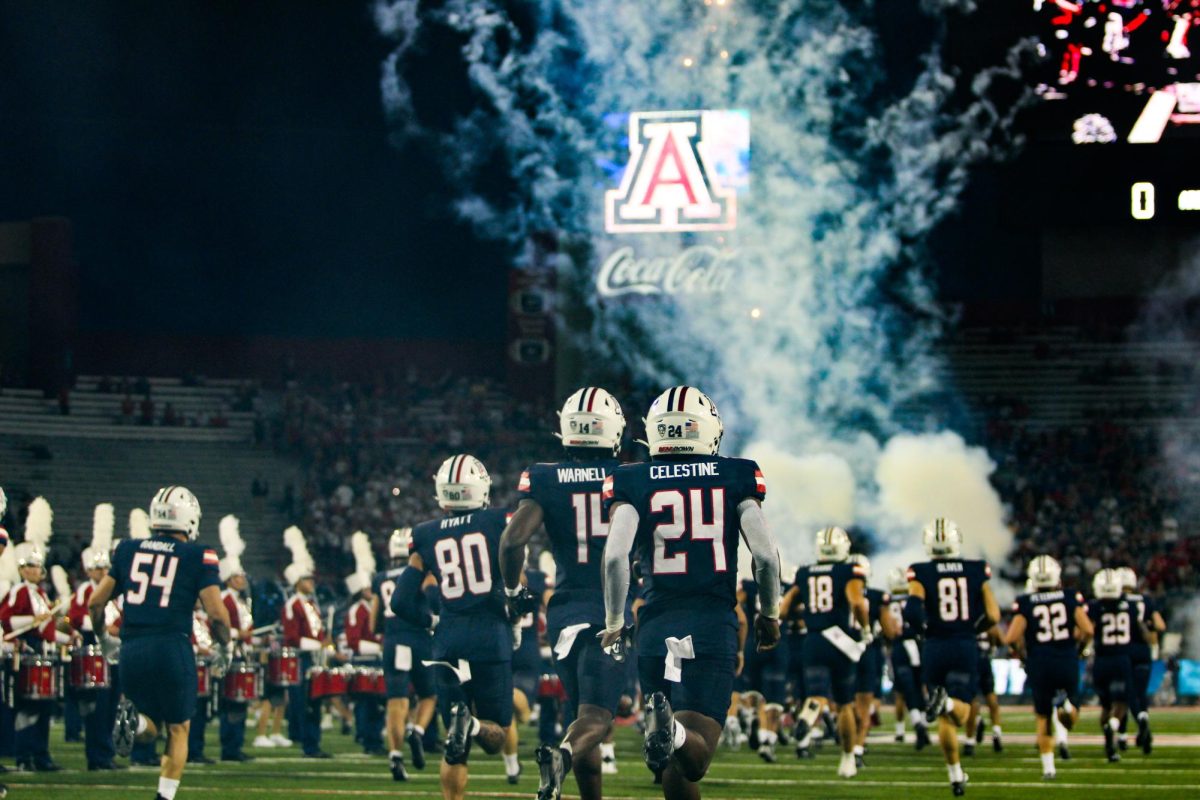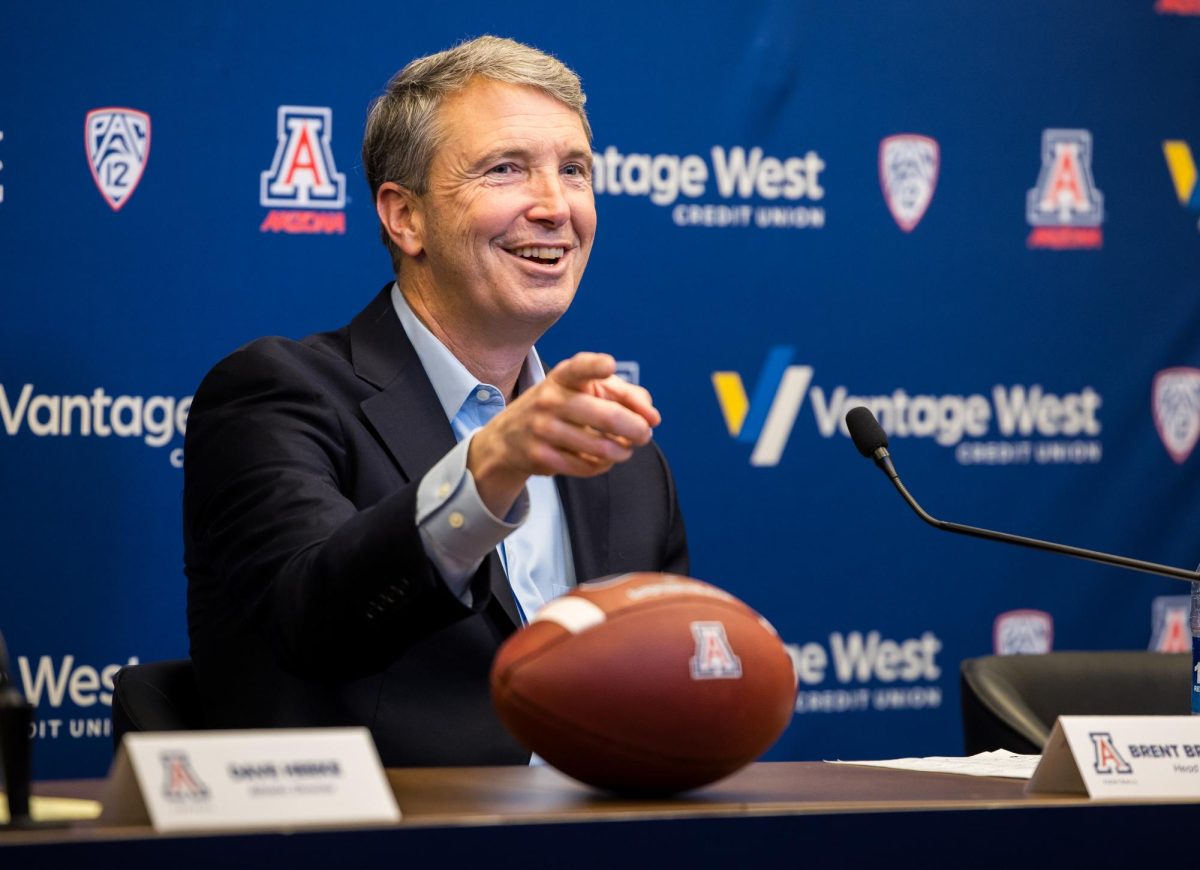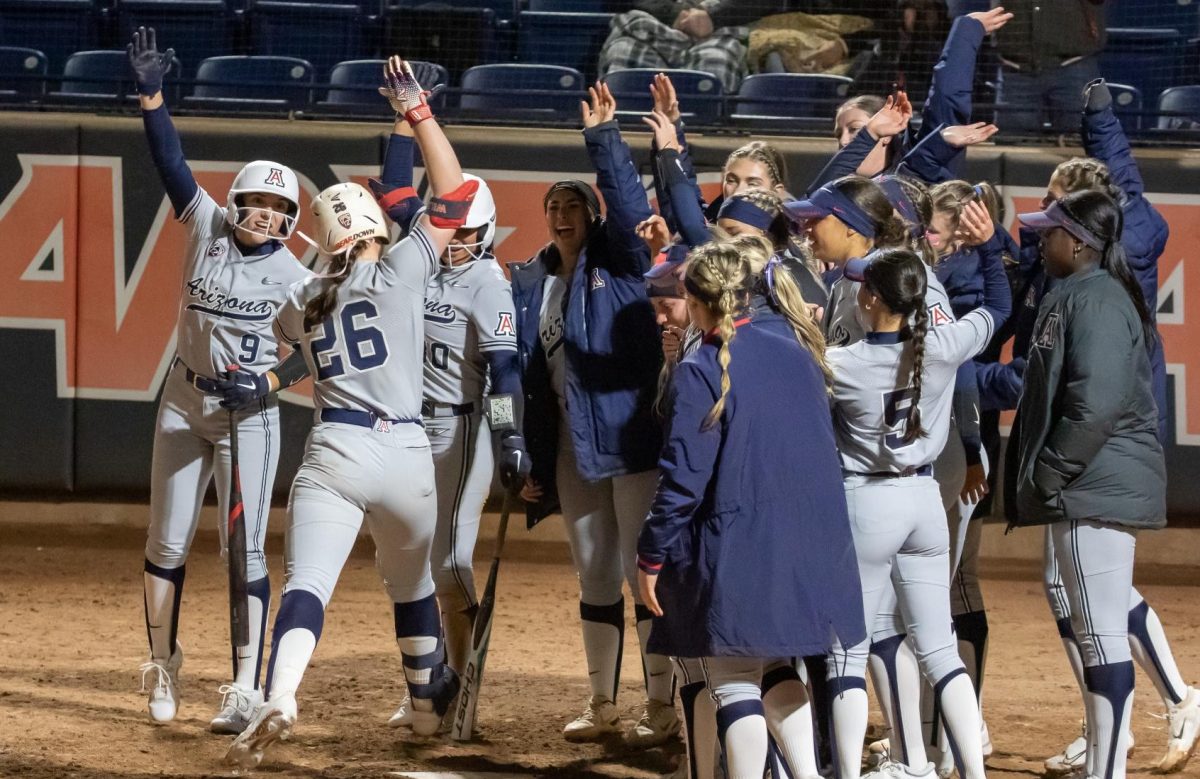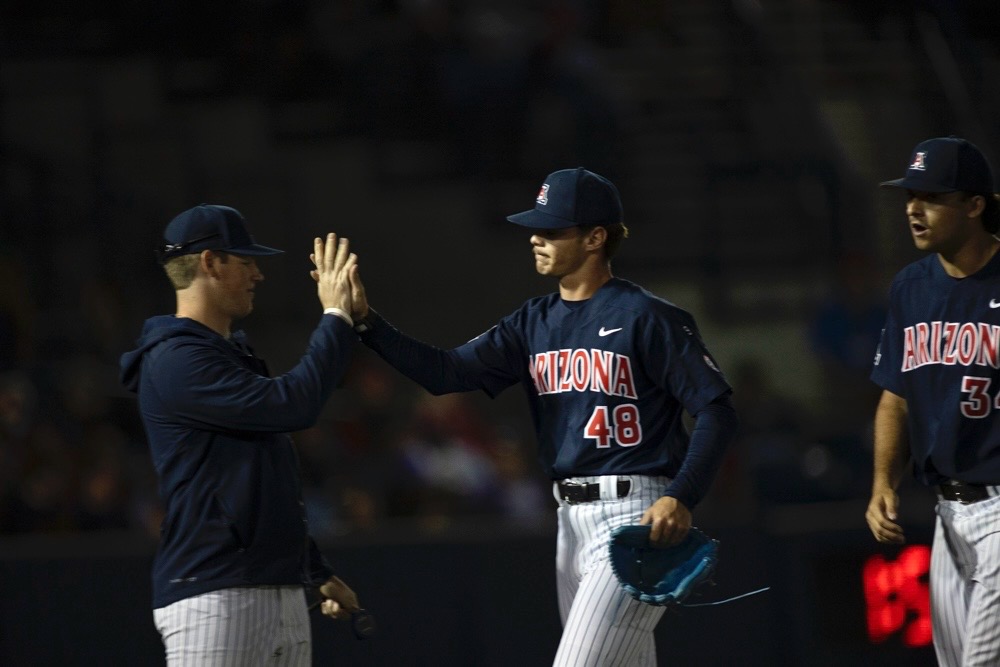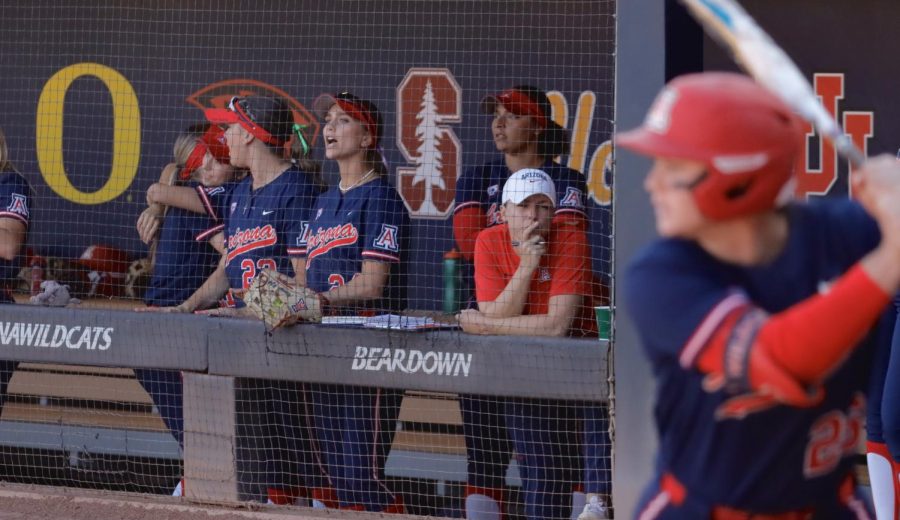Cam Newton’s remarkable — and controversial — 16-month ascension from a junior college player in southeast Texas to the NFL’s No. 1 draft pick culminated Thursday in New York when the Panthers selected the Auburn star in the hopes he will be the franchise quarterback they have long lacked.
The Panthers ended months of scouting, background checks and public debate by taking the player who won a national championship and Heisman Trophy under a cloud of suspicion in his lone season as a major-college starter.
The choice of Newton drew cheers from about 10,000 fans at a party at Bank of America Stadium, where they gathered to see what the Panthers would do when they exercised the No. 1 pick for the first time in franchise history.
Meanwhile, in New York, Newton initially struggled to find the right words to describe his journey.
But the Atlanta-area native said he was excited to make Charlotte his new home and help the Panthers “”go from worst to first.””
The Panthers had the top pick in 1995 before their inaugural season, but traded it to Cincinnati on draft day and took Penn State quarterback Kerry Collins at No. 5.
The Panthers held on to the pick this year, ignoring the experts who said Newton’s personal baggage and lack of experience in a pro-style offense presented too many risks to invest in a No. 1 pick.
Newton was arrested at Florida and left school after alleged instances of academic cheating. The NCAA investigated a pay-for-play scheme after Newton’s father shopped him to schools for $200,000, before determining Newton was not aware of his father’s actions.
But the Panthers talked with coaches and teammates at each of Newton’s three schools, and were satisfied with what they heard. Coach Ron Rivera said he called a friend in the Florida program and “”put him on the spot”” about Newton.
“”This was not done lightly,”” said Rivera, adding that some of the stories about Newton were overblown.
As the process went on, the Panthers determined the risks were outweighed by the possible rewards of a 6-foot-5, 248-pound quarterback who shredded SEC defenses last season with his arm and feet. Newton threw for 2,854 yards and ran for 1,473, becoming the third player in FBS history to score 20 touchdowns rushing and passing in a season.
The others were Nevada’s Colin Kaepernick last season and Florida’s Tim Tebow in 2007, when Newton was his backup.
“”You look at what he does and what he’s capable of doing. As a defensive coordinator, he’s going to impact the way you approach him as an offensive player,”” Rivera said. “”He’s going to impact the way people call defenses.””
But Newton’s success in a spread offense with simple terminology at Auburn raised questions about how he will handle the complexities of an NFL offense. Concerns about Newton’s accuracy followed a shaky combine performance.
Rivera said offensive coordinator Rob Chudzinski did have concerns about Newton’s limited background with a sophisticated offense.
Rivera said when Chudzinski was asked whether he would have to scale back the playbook for Newton, Chudzinski replied: “”A portion of it — but then again you’re going to add another portion because of what he does differently.””
Newton’s apprenticeship could begin as soon as Friday. After U.S. District Judge Susan Nelson rejected the NFL’s request to stay her order lifting the lockout, the league will allow players to report to facilities, meet with coaches and pick up their playbooks beginning this morning.
Depending on how the Eighth Circuit Court rules on the NFL’s stay request, minicamps could start next week.
Panthers general manager Marty Hurney said the Panthers would meet over the weekend to schedule their workouts.
Newton became just the third player — and first in more than 60 years — to be picked first overall the year after winning a Heisman Trophy and national championship. The others were Leon Hart in 1950 and Angelo Bertelli in 1944.
It is the second year the Panthers have taken a quarterback with their first pick: Jimmy Clausen went in the second round (48th overall) in 2010.
But Clausen’s struggles during a difficult rookie season, playing in a division brimming with Pro Bowl quarterbacks, convinced the Panthers they needed help at the position. They brought three quarterbacks to Charlotte — Newton, Arkansas’ Ryan Mallett and Missouri’s Blaine Gabbert — before focusing on Newton.
———



